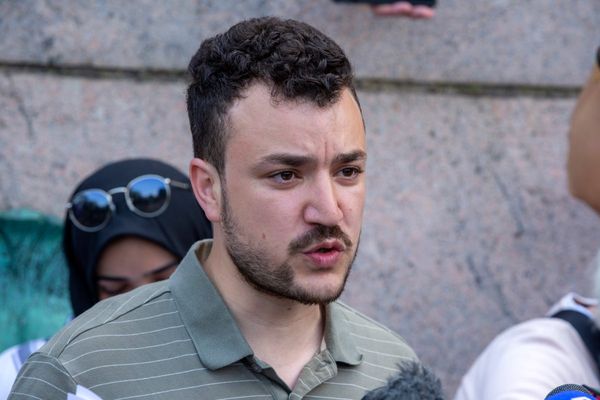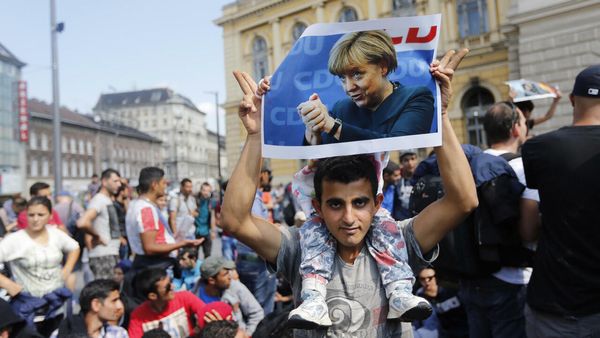
The U.N. Human Rights Council on Thursday narrowly passed a motion to increase monitoring of human rights abuses in Sudan where hundreds of civilians have been killed since a conflict erupted last month.
The Western-led motion, which passed with 18 in favour and 15 against, had been backed by Britain and the United States to condemn abuses by Sudan's warring military factions.

"I think it's really important that the people of Sudan know that we here in the Human Rights Council in Geneva are watching what is happening, that we are appalled by what we see," British Ambassador Simon Manley told Reuters after the vote.
But many other countries voiced opposition.
No African country voted in favour of the initiative, not even erstwhile allies, in the latest sign of growing resistance to Western initiatives to boost scrutiny in the council.
"Heavy Saudi lobbying split the African group," a diplomat said of the outcome. Arab states had opposed the motion earlier on Thursday, saying it could jeopardise ongoing Saudi Arabia-backed peace talks.
Western diplomats had predicted that the outcome of the vote - which grants the U.N.'s Sudan expert more powers to monitor abuses, among other measures - would be tight. It was watered down several times in recent days in an effort to win approval.
Sudan's ambassador described the conflict as an internal affair and called for "African solutions for African problems".
Battles between Sudan's army and rival paramilitary forces have killed hundreds and wounded thousands, disrupted aid supplies, sent refugees fleeing abroad and turned residential areas of Khartoum into war zones since mid-April.
U.N. human rights chief Volker Turk told the 47-member Geneva-based council, the only body made up of governments to protect human rights worldwide, that both sides in Sudan's conflict had "trampled" on international humanitarian law.
China criticised the meeting while Pakistan's envoy said it risked exacerbating the situation.
Sudanese Ambassador Hassan Hamid Hassan poured scorn on the whole session. "Why are you rushing to hold such an ad hoc session in this timing, especially since it has not received the support of any African or Arab countries?" he asked.
"What's happening in Sudan is an internal affair and what the SAF (Sudanese Armed Forces) are doing is a constitutional duty to all armies in all countries in the world."
(Additional reporting by Gabrielle Tétrault-Farber; Editing by Andrew Heavens, Sharon Singleton, Christina Fincher and Mark Heinrich)







